| Weight | 1 lbs |
|---|---|
| Dimensions | 9 × 5 × 2 in |
| target | Human Toxoplasma gondii IgM (IgA) |
| species reactivity | Human Toxoplasma gondii |
| applications | Lateral flow (dipstick) |
| assay type | Indirect & qualitative |
| available sizes | 2x 20 test kits |
Human Toxoplasma gondii IgM/IgA Lateral flow dipstick kit 5973
$487.00
Summary
- Mikrogen diagnostik lateral flow device (dipstick) for research use (RUO)
- Human Toxoplasma gondii IgM/IgA Lateral flow dipstick kit 5973
- Suitable for IgM/A detection
- Ready-to-use
- 20 tests
Human Toxoplasma gondii IgM/IgA Lateral flow dipstick kit 5973
| kit | ||||||||||||||||||
|---|---|---|---|---|---|---|---|---|---|---|---|---|---|---|---|---|---|---|
| Assay type Sandwich assay, lateral flow (dipstick) | ||||||||||||||||||
| Research area Infectious Disease | ||||||||||||||||||
| Sample type Serum, plasma, whole blood | ||||||||||||||||||
Components
| ||||||||||||||||||
| Storage Store at 2-8°C. | ||||||||||||||||||
| Additional information Mikrogen recomLine Toxoplasma Test The Mikrogen recomLine Toxoplasma tests are serological, qualitative in vitro line immunoassays, which optimally combine the high requirements for the special diagnostics of toxoplasmosis, including during pregnancy, by using IgG and IgM specific recombinant antigens as well as 4 different avidity antigens to define the infection phases. Advantages
|
| target relevance |
|---|
| Organism Toxoplasma gondii |
| Protein names Toxoplasma gondii |
| Structure and strains Toxoplasma gondii is a parasitic protozoan (specifically an apicomplexan) that causes toxoplasmosis. Found worldwide, T. gondii is capable of infecting virtually all warm-blooded animals,: 1 but felids are the only known definitive hosts in which the parasite may undergo sexual reproduction. |
| Detection and diagnosis The diagnosis of toxoplasmosis is based on clinical findings and serological investigations. ELISA tests are recommended for the demonstration of IgG and IgM antibodies. Screening for Toxoplasma infections during pregnancy is of significant importance in prenatal care. The transmission of Toxoplasma gondii via the transplacental route has been observed in all stages of pregnancy, although the risk of a prenatal transmission as well as the outcome of infection depends on the stage of pregnancy. The risk of an infection of the unborn child via transplacental transmission is limited to seronegative women who acquire a primary infection during pregnancy. IgM antibodies directed against Toxoplasma gondii can persist for months after infection. Therefore, the determination of the IgG antibody avidity allows for differentiation of primary from past infections. |
Data
Publications
| pmid | title | authors | citation |
|---|---|---|---|
| We haven't added any publications to our database yet. | |||
Protocols
| relevant to this product |
|---|
| 5973 protocol |
Documents
| # | ||
|---|---|---|
| Please enter your product and batch number here to retrieve product datasheet, SDS, and QC information. | ||
Only logged in customers who have purchased this product may leave a review.


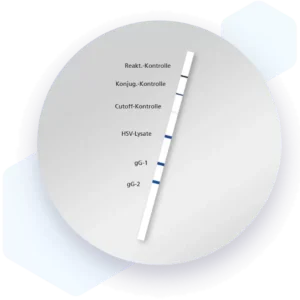
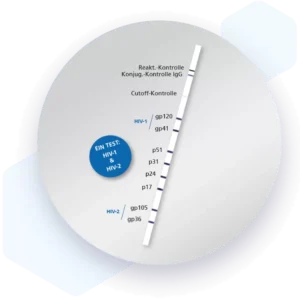

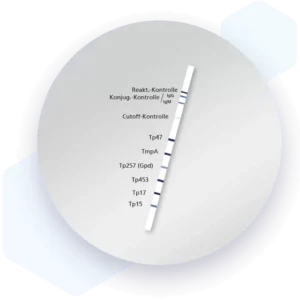
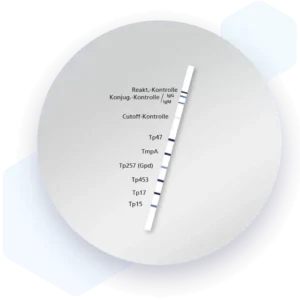
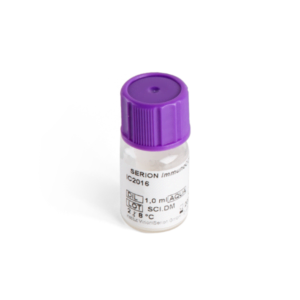
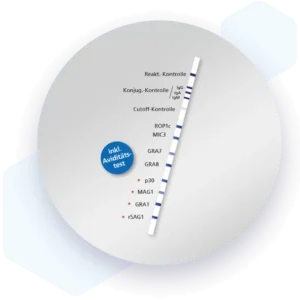
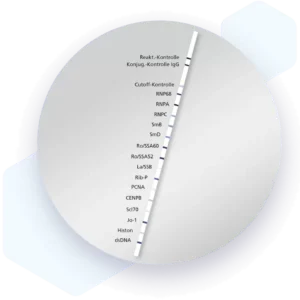
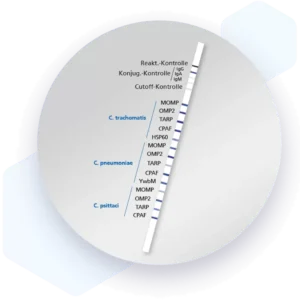
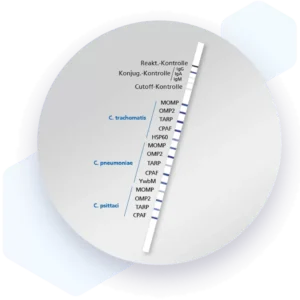
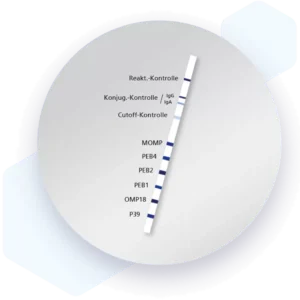
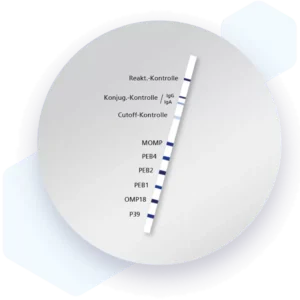
Reviews
There are no reviews yet.